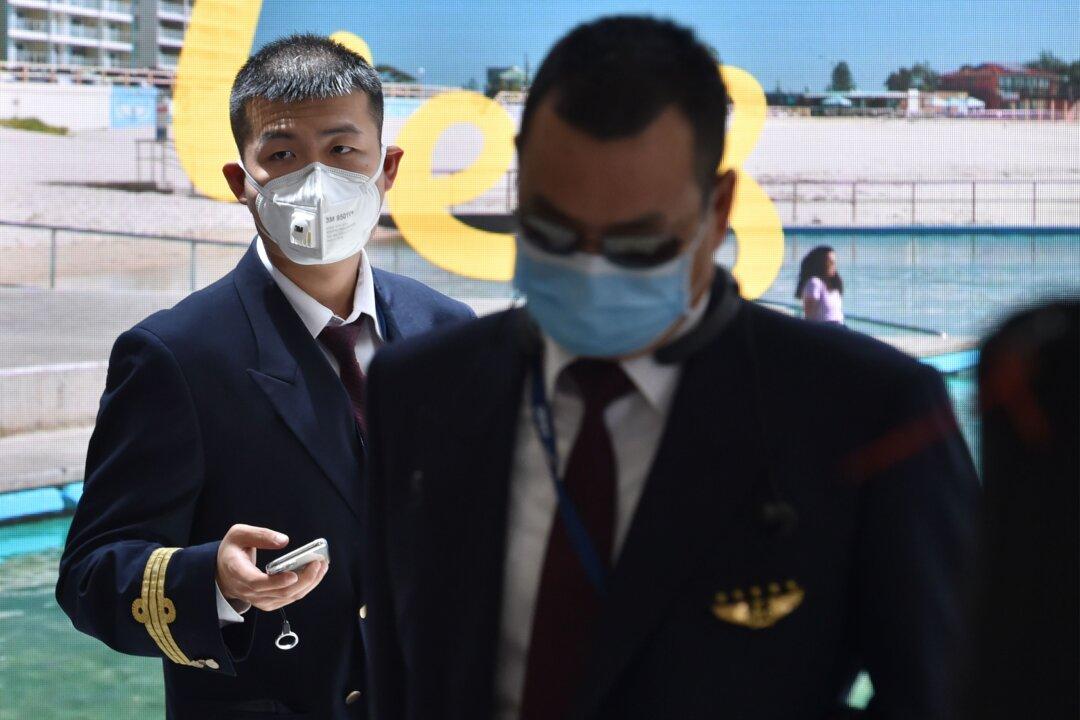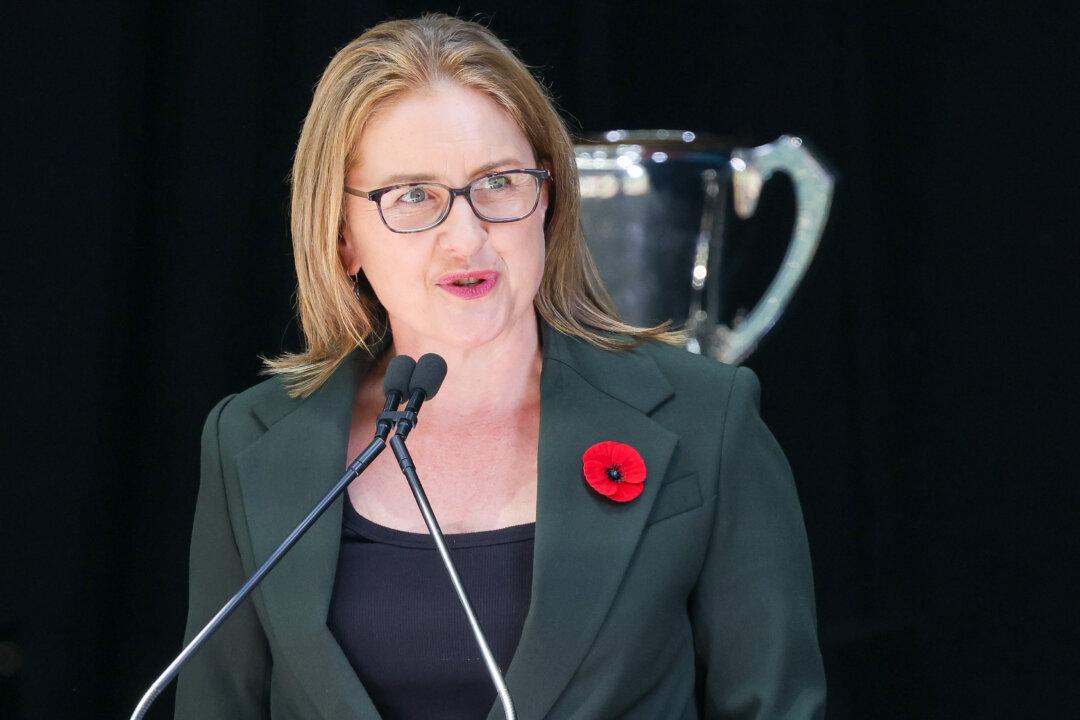A plane from Wuhan city in China—ground-zero of the COVID-19 outbreak—landed in Sydney on April 8, carrying 90 tonnes of medical supplies, including protective masks, gowns, and respirators.
The flight crew were ordered to quarantine themselves in a hotel at Sydney Airport for 16 hours until their next flight departed on April 9.




